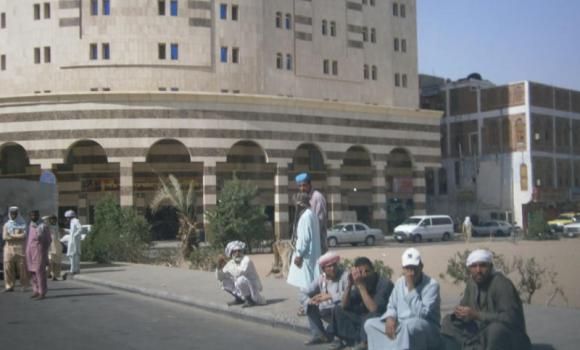
Madinah, May 17: Illegal workers here are trying to make as much money as possible before July 3, the end of the three-month grace period, which requires them to either rectify their status or go home.
In Al-Salam district in Madinah, Arab News found dozens of illegal workers looking for work.
Ghulam Afdal, an iqama violator, said that the city needs workers because of the massive developments taking place. Afdal said that he and his friends want to make as much money as they can and then go home.
Hamdi Khalil, another worker, said: “We are trying to avoid the passport department officers but if we get caught we will simply go home.” Another worker told Arab News that many believe the recent labor law changes announced by the Saudi government would not change anything.
“My friends don’t think anything will change and that this is just some kind of formality that will fade away.
For myself, I want to make sure whether this is a real opportunity or not. I spent a lot of money to come to the Kingdom. So I spoke to someone who said he would be my new sponsor. I decided to transfer the sponsorship to him after he read out the news to me,” he said.
Hamad Al-Raddadi, a Saudi national, said sponsors are responsible for explaining the recent labor changes to their non-Arabic speaking workers.





Comments
Add new comment